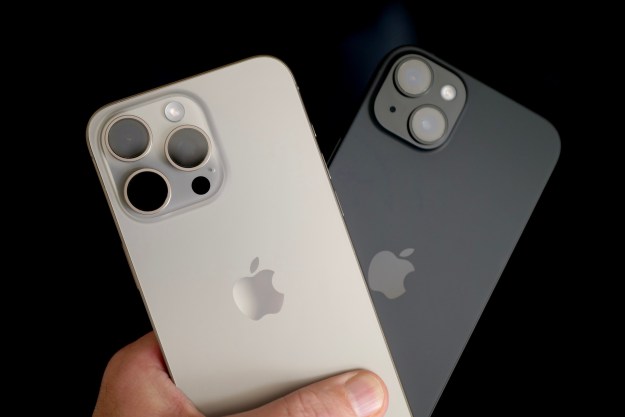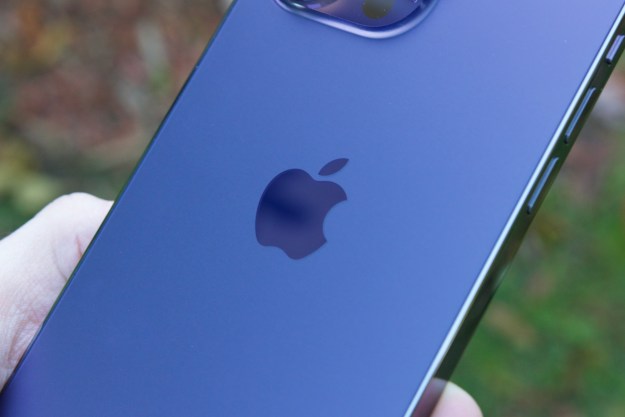Apple will further improve the Face ID technology in next year’s iPhones, declared famed Apple analyst Ming-Chi Kuo in an investor note.
The iPhone XR, Apple’s third 2018 model, was just released, but the rumor mill is already churning with information for the 2019 iPhones. Kuo adds to the speculation with the claim that Apple is working on an upgraded Face ID camera system.
The Face ID system of next year’s iPhones will come with a new and more powerful flood illuminator, according to Kuo, as reported by MacRumors. The feature will improve the facial recognition technology by decreasing the impact of invisible light from the user’s surroundings.
Kuo added that the upgraded Face ID sensor will be equipped in all 2019 iPhone models, which will follow this year’s lineup of two OLED iPhones and one LCD iPhone.
The news is actually not a surprising one, given Apple’s history of making marginal improvements on iPhone features over time. What is unexpected, however, is how much we already think we know about the 2019 iPhones, when 2018 has not even ended.
Rumors surrounding next year’s iPhone include the removal of the 3D Touch feature, the integration of three camera lenses, and the possibility of the notch being ditched.
It appears, however, that 5G technology will not arrive for iPhone users next year. A recent report claimed that Apple has chosen Intel to supply the modems for the first 5G iPhone, which will be launched in 2020.
In addition to the improved facial recognition system for next year’s iPhones, Kuo also wrote in his investor note that a Time of Flight 3D camera will be incorporated in iPad models by late 2019 or early 2020. The camera system will be able to figure out the distance between objects by measuring how long it takes for light or lasers from the iPad to reach the subject. This will allow the iPad to capture 3D models, which can then be edited using the Apple Pencil.
The Time of Flight 3D camera is expected to expand to iPhones in the second half of 2020, which will then allow for improved picture quality and new experiences through augmented reality.
Editors' Recommendations
- Why you should buy the iPhone 15 Pro instead of the iPhone 15 Pro Max
- 3 reasons why I’ll actually use Anker’s new iPhone power bank
- There’s a big problem with the iPhone’s Photos app
- This one thing could make iOS 18 the best iPhone update in years
- When will Apple release iOS 18? Here’s what we know


